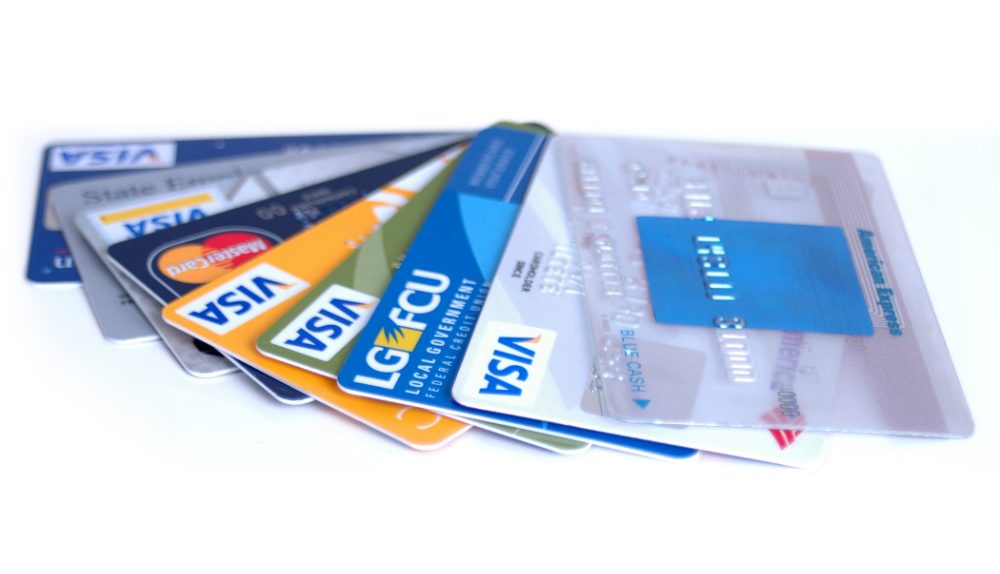In light of the many hacks that compromised the security of various retail chains, with hackers being able to steal millions of debit and credit card details that can be used to manufacture forged cards, some researchers believe they have discovered a way to prevent such activities in the future.
FROM EARLIER: A week with Coin, the smart card that replaces all the credit cards in your wallet
The University of Twente has developed a technology that may allow financial institutions to issue unique credit cards that are very difficult to forge, CNBC reports. The same tech could be used for ID cards, passports and other cards that might have embedded data strips to prevent forgeries.
The scientists created a special strip of nanoparticles that can be applied on an ID card, passport or document and then customized in a unique way when being issued to a customer. A laser would fire “tiny bundles of light into it, which bounce around like pinballs among the nanoparticles, creating a unique pattern that is all but impossible to copy,” CNBC explained.
The technology is based on quantum physics — the project is actually called Quantum-Security Authentication — and could be effectively used to create unique, fingerprint-like patterns for each card. As a result, hackers would have a difficult time forging the data.
“In its ‘quantum’ state, light can be in several places at once in a way that is impossible for us to observe. If an ATM or a reading machine were to send a bundle of “quantum” light into the paint, the reflected pattern would appear to have more information than it should, confusing a would-be attacker,” CNBC wrote.
“It would be like dropping 10 bowling balls onto the ground and creating 200 separate impacts,” researcher P.W.H Pinkse wrote in a report. “It’s impossible to know precisely what information was sent (what pattern was created on the floor) just by collecting the 10 bowling balls.”
Stealing a physical card would still give thieves limited access to that card, however.




